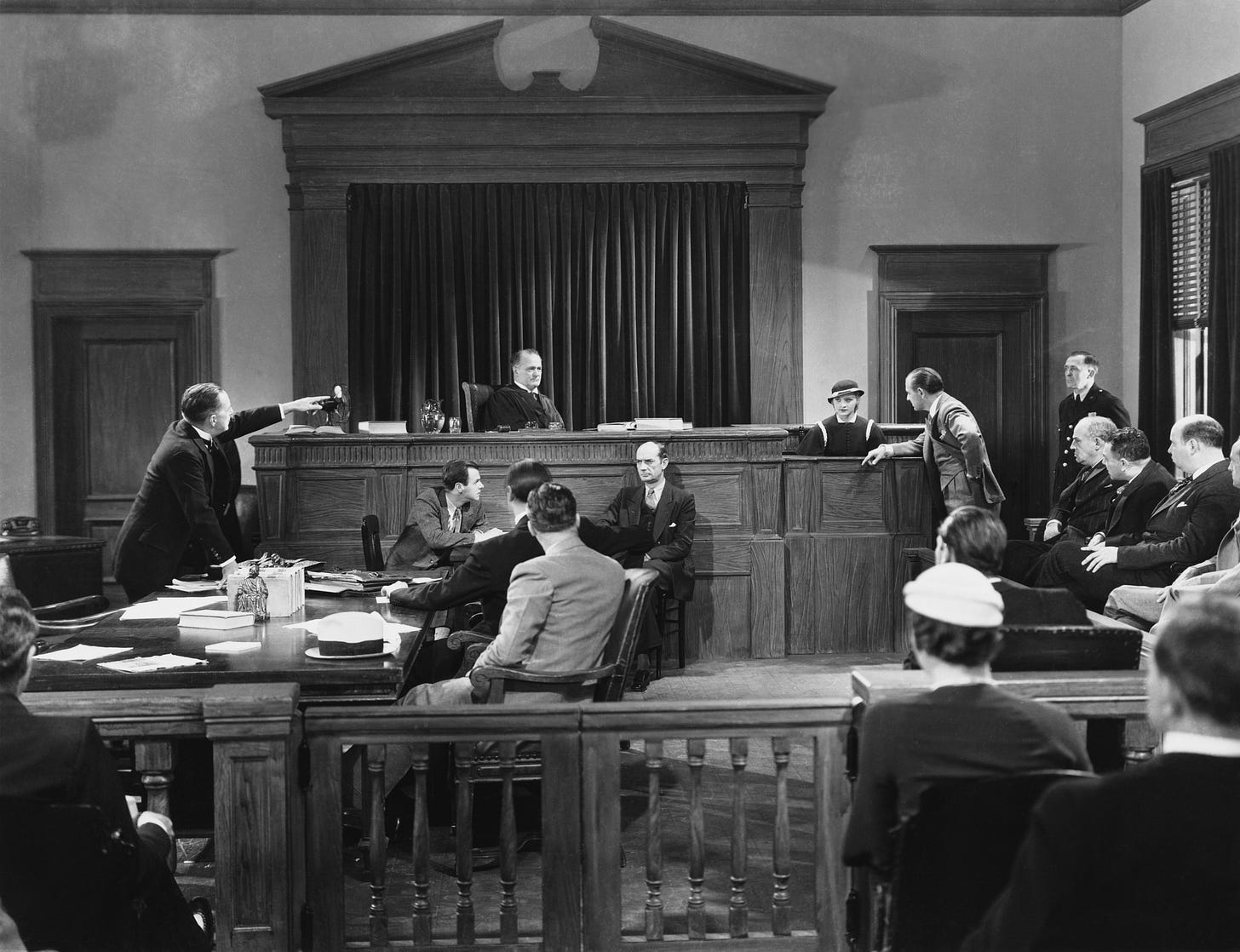A Contrarian's Guide To Understanding Contrarians
How and why a heavy-handed response to vaccine hesitancy went awry.
For as long as I can remember, I’ve always been a bit of a contrarian. In middle school, I was the bane of my teachers’ existence; the resident smart ass that would spend the entire lesson trying to prove the instructor wrong through the use of hypotheticals and technicalities. If you, yourself are an educator, let me apologize to you retroactively; the…


